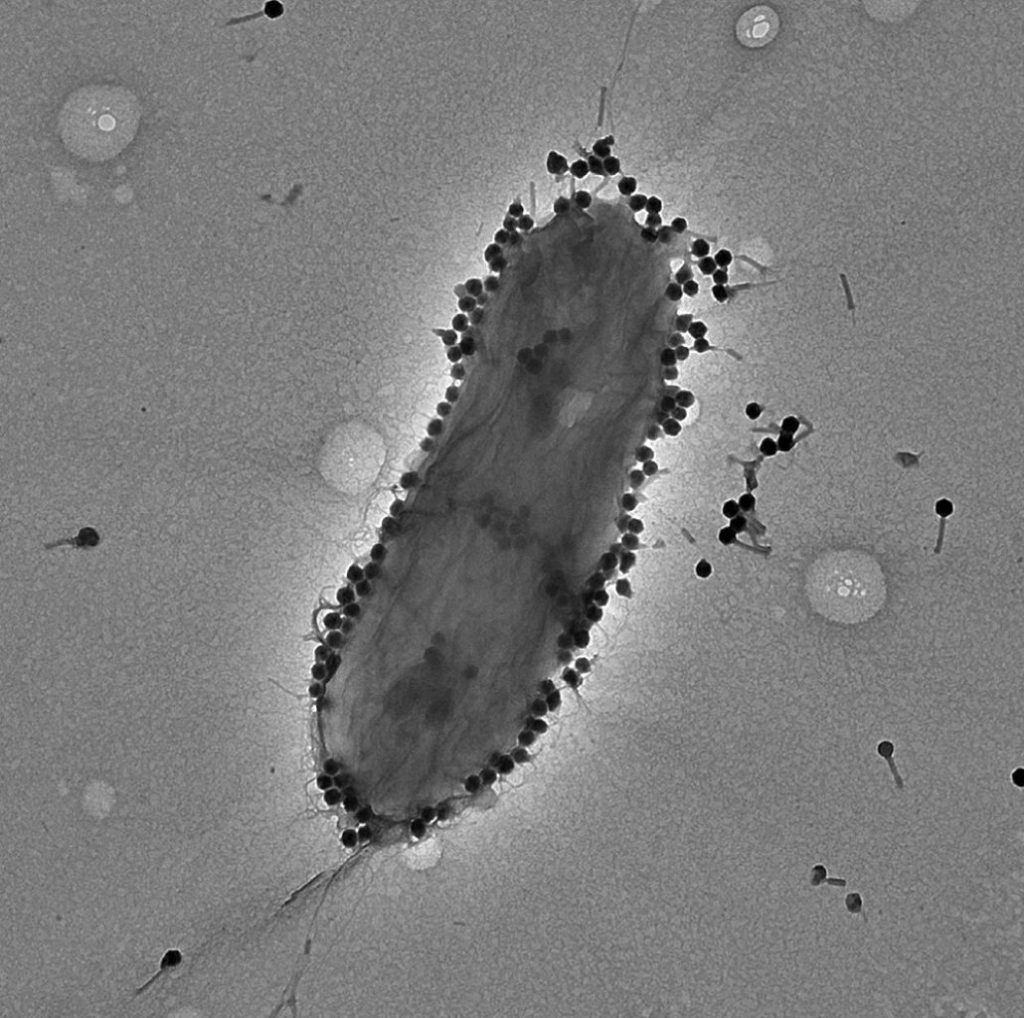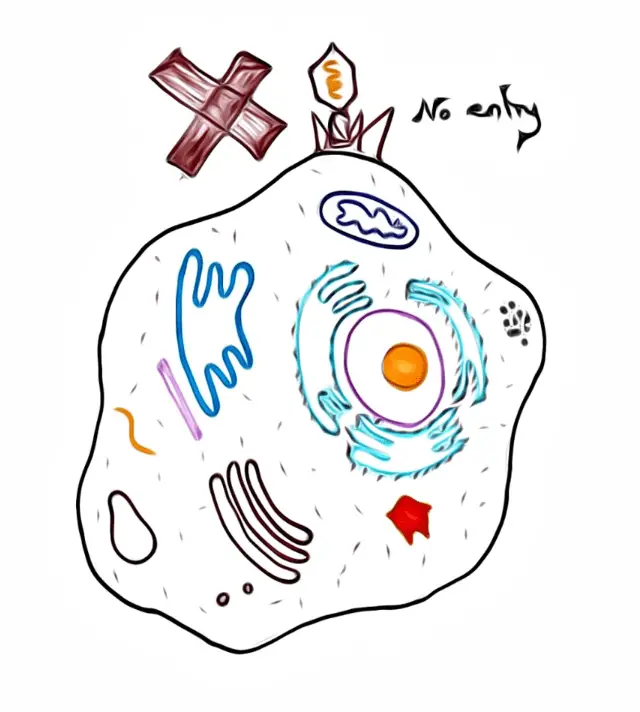In recent years, the field of microbiology and medical science has witnessed a resurgence of interest in phage therapy, a unique approach that utilizes bacteriophages (phages) as viral agents to combat bacterial infections. With growing concern about antibiotic resistance and the limitations of traditional treatments, researchers are turning their attention to the fascinating world of phages and their ability to target and eliminate harmful bacteria. This article delves into the intricate universe of phage therapy, exploring its role in combating bacterial infections and their potential to revolutionize the way we approach microbial diseases.
Understanding Bacteriophages and Their Role
Bacteriophages, often referred to as phages, are viruses that have evolved to specifically infect and replicate within bacteria. These minute viral entities have intricate structures consisting of a protein coat surrounding their genetic material, which could be DNA or RNA. The viral life cycle involves a series of stages, including attachment, penetration, replication, and lysis, ultimately resulting in the death of the bacterial host.
Phages as Natural Bacterial Predators
The concept of phage therapy is firmly grounded in the intricate and ancient predator-prey relationship that has existed between phages and bacteria for billions of years. In this ongoing evolutionary struggle, bacteria have continually encountered phages as part of their natural environment, which has driven the development of a diverse array of defense mechanisms aimed at thwarting phage infections. These mechanisms include adaptive immune systems like CRISPR-Cas, restriction-modification systems, and anti-phage toxins, all of which underscore bacteria’s resourcefulness in countering the constant threat posed by phages.
In response, phages have evolved an arsenal of strategies to not only infiltrate bacterial defenses but also exploit the very vulnerabilities that bacteria rely on for survival. This dynamic co-evolution has led to a perpetual arms race between phages and bacteria, where the viruses continually adapt to counteract the bacterial defenses, and the bacteria, in turn, evolve to resist phage attacks. This intricate interplay extends beyond individual bacterial cells, influencing the composition and dynamics of entire microbial ecosystems.
Microbial ecosystems, whether in the human body, soil, water, or other environments, are heavily impacted by the constant interaction between phages and bacteria. These interactions shape the distribution and abundance of bacterial species, influencing their survival and proliferation rates. Moreover, the viral predation imposed by phages helps maintain microbial diversity within ecosystems by preventing the unchecked dominance of particular bacterial strains. In a way, phages act as regulators, preventing the unchecked growth of bacterial populations and thereby promoting a balanced and resilient microbial community.
The co-evolutionary dance between phages and bacteria has also contributed to the genetic diversity of both entities. Phages, in their quest to find new ways to infect bacteria, have led to the transfer of genes between different bacterial hosts, contributing to bacterial genetic diversity. This phenomenon, known as horizontal gene transfer, has played a significant role in bacterial evolution and adaptation.
Advantages of Phage Therapy
- Precision Targeting: One of the most compelling aspects of phage therapy is its precision targeting. Each type of phage has a specific host range, meaning it can infect only certain types or strains of bacteria, sparing beneficial microbes and reducing collateral damage.
- Diversity and Adaptability: The vast diversity of phages in nature provides a potential solution to the problem of antibiotic resistance. As bacteria evolve resistance to antibiotics, phages can co-evolve to counteract these adaptations, ensuring the perpetuity of their bactericidal activity.
- Reduced Antibiotic Use: The rise of antibiotic-resistant bacterial infections has spurred the search for alternative treatments. Phage therapy offers a solution that could significantly reduce the reliance on traditional antibiotics, mitigating the emergence of further resistance.
- Potential for Biofilm Disruption: Bacterial biofilms, complex communities of bacteria encased in a protective matrix, are notoriously difficult to treat with conventional antibiotics. Phages have shown promise in breaking down biofilms and targeting the bacteria within.
Current Research and Developments
Bacteriophage therapy is gaining momentum in both research and clinical settings. Studies are underway to explore the efficacy of phage therapy against various bacterial infections, ranging from skin infections to life-threatening diseases. Clinical trials are evaluating the safety and effectiveness of phage-based treatments, laying the foundation for their potential integration into mainstream medical practices.
As the world grapples with the escalating challenges of antibiotic resistance and the limited efficacy of conventional treatments, the realm of phage technology is experiencing a remarkable resurgence. Researchers and innovators are making impressive strides in the field, unearthing breathtaking advancements that could potentially revolutionize the way we combat bacterial infections. Let’s delve into some of the most astonishing developments in phage technology that are capturing the imagination of scientists and the public alike.
Precision Engineering of Designer Phages
Imagine a world where scientists can design tailor-made phages to target specific bacterial strains with laser-like precision. This seemingly futuristic concept is swiftly becoming a reality, thanks to the advent of synthetic biology and gene editing techniques. Researchers are now capable of engineering phages to enhance their infectivity, broaden their host range, and equip them with specialized enzymes to more effectively penetrate bacterial biofilms. This level of precision engineering has the potential to make phage therapy an even more potent weapon against bacterial infections.
Phage Nanomedicines for Targeted Delivery
In a remarkable fusion of nanotechnology and phage therapy, scientists are developing phage-based nanomedicines capable of delivering therapeutic payloads directly to infected cells. These nanoscale phage carriers can be loaded with antibiotics, antimicrobial peptides, or even genetic material that influences bacterial behavior. By exploiting the natural affinity of phages for bacteria, these nanomedicines hold the promise of increasing treatment efficacy while minimizing damage to healthy cells, opening new avenues for combating infections in previously unimaginable ways.
Phages Against Antibiotic-Resistant “Superbugs”
One of the most pressing challenges of our time is the rise of antibiotic-resistant bacteria, often referred to as “superbugs.” Phage technology is emerging as a potential savior in this battle, with researchers uncovering phages capable of tackling even the most formidable antibiotic-resistant strains. The ability of phages to constantly adapt to bacterial defenses has proven particularly advantageous in the face of such threats, as these viruses can evolve rapidly to outwit the bacterial mechanisms of resistance.
Phage Bioinformatics: The Digital Revolution
In the digital age, the marriage of phage biology and computational power has given birth to a field known as phage bioinformatics. Researchers are utilizing powerful algorithms to analyze vast databases of phage genomes, uncover hidden relationships, predict phage-host interactions, and identify potential therapeutic candidates. This digital revolution has significantly accelerated the discovery of new phages and their applications, propelling phage therapy from a niche concept to a cutting-edge medical frontier.
Global Collaborations and Clinical Trials
International collaborations and clinical trials are shedding light on the true potential of phage therapy in real-world medical settings. Clinical trials are exploring the safety, efficacy, and optimal dosing strategies of phage treatments for various infections, ranging from wound infections to chronic lung conditions. These trials are yielding invaluable insights into the practical aspects of phage therapy and its integration into mainstream healthcare practices.
Challenges and Future Directions
While phage therapy holds great promise, several challenges must be addressed before it becomes a widespread medical intervention. Regulatory approval, standardization of phage preparations, and the potential for bacterial resistance to phages are among the key hurdles that researchers and policymakers are working to overcome.
In a world grappling with antibiotic resistance and the constant threat of bacterial infections, phage therapy emerges as a beacon of hope. Bacteriophages, nature’s own bacterial predators, are being harnessed to combat microbial infections with precision and adaptability. As research advances and clinical trials progress, the potential of phage therapy to revolutionize the field of medicine and provide a powerful tool against bacterial infections becomes increasingly evident. By embracing the intricate relationship between phages and bacteria, we may pave the way for a new era of microbial warfare, one that harnesses the power of viruses to combat the threats posed by harmful microbes.




Comments